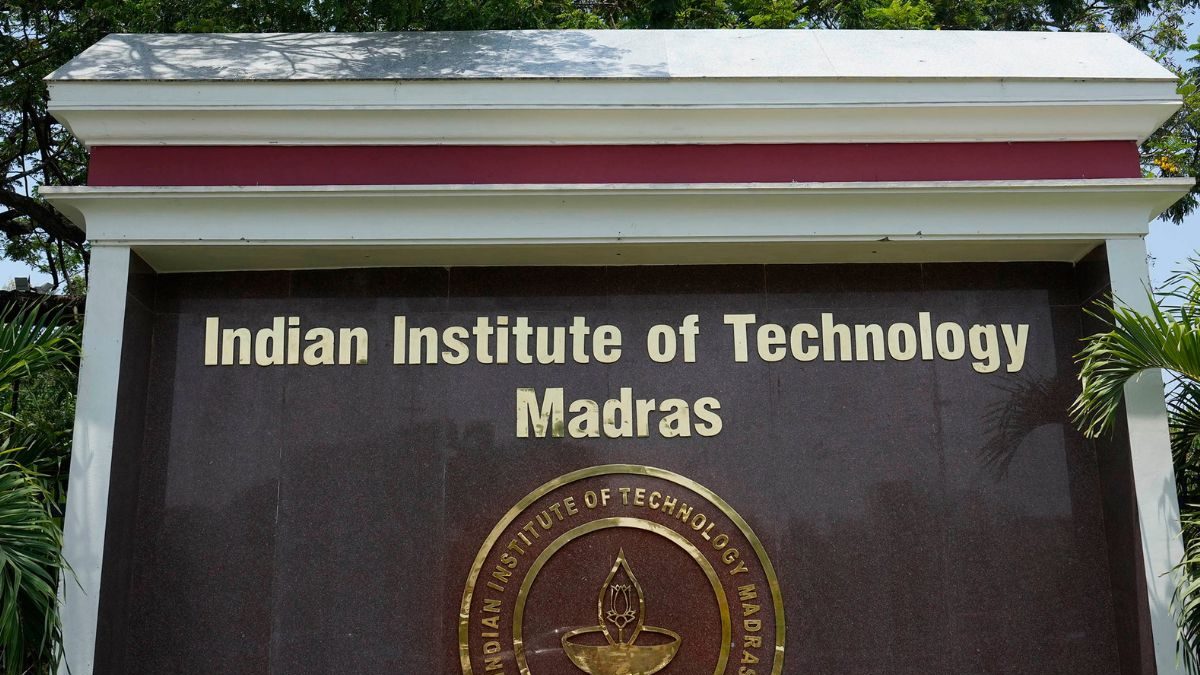Highest Student Suicide Cases at IITs from 2018-2023, Rajya Sabha Told; Most Such Deaths Reported Last Year

The premier IITs have reported the highest number of student suicide cases in the last five years, the education ministry told Rajya Sabha on Wednesday. According to data from 2018 to 2023, at least 39 out of total 98 deaths by suicide in top higher education institutions of India took place at Indian Institutes of Technology, followed by 25 each at National Institutes of Technology (NITs) and centrally-funded universities. Another 13 such deaths were reported from All India Institute of Medical Sciences (AIIMS) from 2019 till date.
Student suicide cases from 2018-2023
IITs: 39
NITs: 25
Central universities (under University Grants Commission): 25
Indian Institutes of Information Technology: 2
Indian Institutes of Management: 4
Indian Institutes of Science Education and Research: 3
AIIMS (data only for 2019 till date): 13
The data shared by minister of state Subhas Sarkar, in response to a question in the upper house of parliament, shows that 98 deaths were reported from IITs, NITs, IIMs and central universities (under UGC) among other institutes between 2018 and 2023. Of these, 39 students died by suicide in different IITs with seven taking place in the first half of this year.
This year, 20 student suicide cases have already been reported across higher education institutions. The highest number of such deaths at 24 was reported in 2022. There were seven each in 2021 and 2020. In 2019, 19 student suicide cases were reported while 21 such deaths took place in 2018, as per the data.
While 2020 and 2021 had institutes closed due to Covid lockdown and classes being held online, it was in 2022 that most campuses opened while some still had hybrid classes. Out of all the IITs, this year, the Madras campus has already reported five student suicide cases in six months.
Director Prof V Kamakoti had, in a recent interview to News18, said the pandemic disrupting student and faculty interaction for two long years was the major reason behind a high number of students taking such an extreme step. He had also said the effects of this massive gap were felt as soon as campuses opened in 2022-23 when students returned to physical classes and had difficulty adjusting.
“Academic stress, family reasons, personal reasons, mental health issues, etc, are some of the reasons for such suicide cases,” Sarkar said in his reply to parliament.
On February 18, News18 had also reported that among students dying by suicide at these institutions, those from reserved categories is the highest. Over 70 percent seats in IITs are for reserved categories, which also includes quota for economically weaker sections (EWS) and minority communities.
According to government data shared in parliament in 2021, a total of 122 students from centrally-funded higher education institutions — IITs, NITs, central universities, IIMs among others – died by suicide from 2014 to 2021. Of these, 58 percent students were from reserved categories (SC/ST/OBC) as well as from minority communities.
Sarkar, in his response, further said the new National Education Policy (NEP) 2020 has provisions for counselling to handle stress and emotional adjustment at these highly competitive institutions.
“Further, in alignment with the NEP, to eradicate language barriers for students for an improved understanding and improved teaching-learning outcome, All India Council for Technical Education (AICTE) has initiated the work of translating technical books into 12 scheduled regional languages,” the minister said.
The education ministry has also advised the institutions to make the system more robust by including prevention, detection and remedial measures to address possible causes behind these suicides, the reply stated.
The UGC released the Redressal of Grievances of Students Regulations, 2023, in April, which mandates that all higher education institutions will include one member from a marginalised caste or tribe, and one woman, in their student grievance redressal committees (SGRC). This panel is to be formed by every such institute to deal with student complaints.

Atul Tiwari is a seasoned journalist at Mumbai Times, specializing in city news, culture, and human-interest stories. With a knack for uncovering compelling narratives, Atul brings Mumbai’s vibrant spirit to life through his writing.





